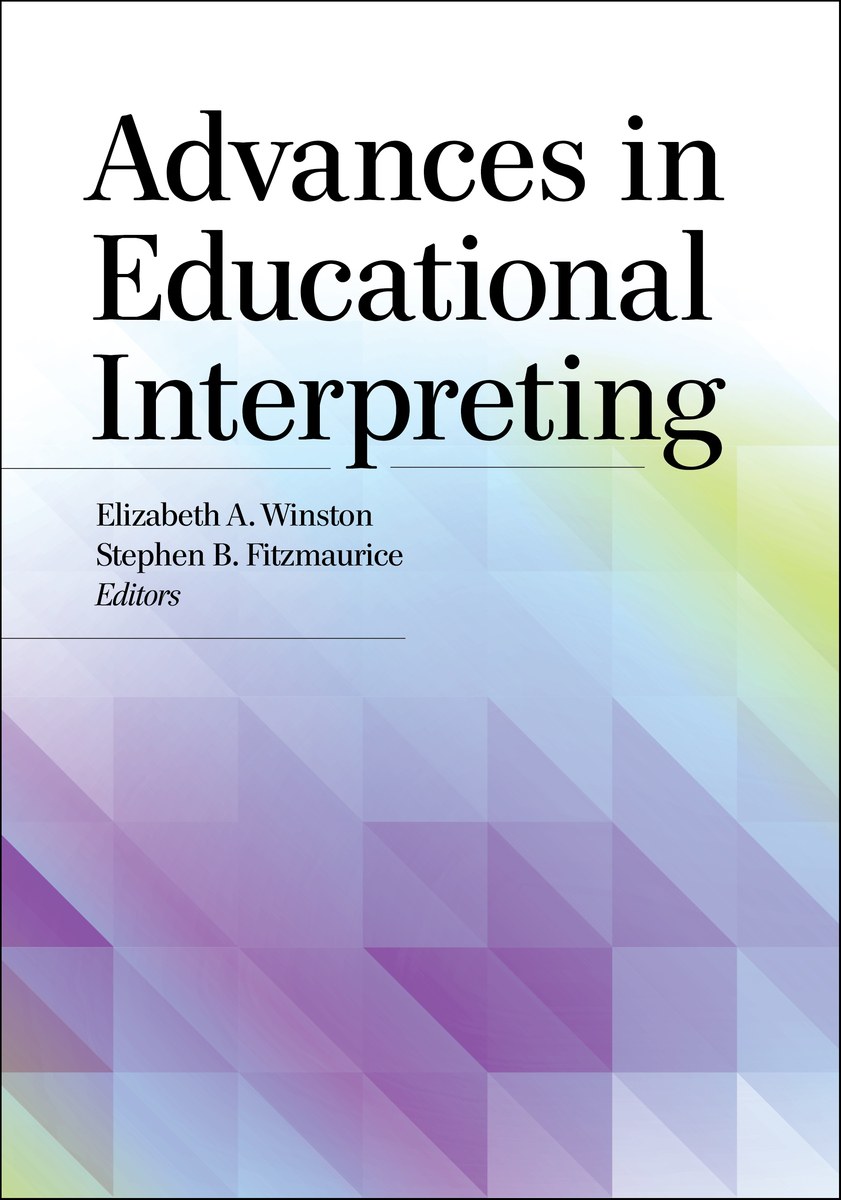Resources
Newsletters
2021
2020
2019
2018
Committee update September 2018
Articles – Blog Posts
WASLI Paris 2019 report R McKee
WASLI Paris 2019 report Micky Vale
Tips for interpreters working in platform settings
Play Video
Special Offers
NZ Coaching & Mentoring Skills – Helping others Succeed
A 1 day course with 15% discount for SLIANZ members
If you need to get better at sharing your expertise or helping others succeed, this 1 day coaching and mentoring skills workshop is for you. It looks at the differences between coaching and mentoring, shows how to think and act like a natural coach and provides you with practical tools for a range of developmental conversations – whether long term, one off or those that happen in the moment.
This course covers:
- The growth mindset
- Coaching and mentoring – the powers and the perils
- How organisations are using coaching & mentoring
- Beginnings are crucial – the first meeting
- Tools for conversations
- 7 key skills – the power of listening
- Questions not answers – getting people to think for themselves
- Using the power of positive feedback
- 4 step tool for coaching conversations
- Telling versus coaching and when to do which
- Mentoring – 5 step tool for sharing expertise
2 May 2019– Wellington
22 May 2019– Auckland
31 October – Auckland
More info and registration: https://www.coachingmentoring.co.nz/training/courses/coaching-mentoring-skills
(Use Special Code: SLIANZ 15% when booking)
Supervision and Counselling
What is supervision?
Supervision is a confidential, professional relationship between a Supervisor and Supervisee where the latter is offered the space and time to focus on reflective practice. The Supervisee is supported to explore their reactions to, and consequent impact on, work based issues in order to enhance their understanding of the work they do and the effect they have on any given situation.
It is aimed at all practitioners from new graduates to experienced. Ideally supervision is ongoing and regular; it is important that supervision is not simply
used as a response to a crisis.
Supervision can be on a one-to-one basis or as a facilitated group activity, either
face to face or via an online platform such as Skype, FaceTime or Zoom. Sessions are Supervisee-led; it is the Supervisee’s responsibility to come to the session with an agenda, and with a readiness to identify goals. The Supervisor will guide the Supervisee to examine issues relating to their practice, help to uncover and challenge any blind-spots, and provide a restorative function for events or assignments where the Supervisee has felt emotionally traumatised.
Supervision reflects upon issues beyond technical interpreting skills; for example relationship dynamics, emotional and psychological responses, vicarious trauma, career questions.
Supervisors undergo supervision themselves, and should have undertaken supervision training at post-graduate level. Supervision can be provided by professionals trained in other disciplines (such as social work or counseling) as well as by suitably qualified interpreters.
What is Counseling?
Counseling falls under the umbrella term ‘talking therapies’ and allows people to discuss their personal problems in a safe, confidential environment. In general it is a process people seek when they want to change something in their personal lives or simply explore their thoughts and feelings in more depth. It can also be sought in order to work through personal traumatic events that have a lasting affect.
Counseling can be offered on a one-to-one basis, or in group sessions, or for family or couple therapy. The sessions can be face to face or online. Counseling is aimed at anyone and everyone who is experiencing personal issues such as addiction, mental health, bereavement, bullying, illness, trauma, abuse, relationship difficulties. It offers the space and freedom to explore one’s own thoughts with an unbiased party. Counseling can help people to better understand themselves and their thinking, which ultimately helps to develop a clearer understanding of their personal problems. It can also help people to understand other people’s points of view, which can shed light onto the way words or actions are perceived.
Counseling is provided by professionals with appropriate training, such as counseling and/or psychotherapy; counselors must be registered with the appropriate professional body in their country of practice.
Dr. Gabrielle Hodge Presentation
Webinar Powerpoint Presentation
Guidelines: English-into-Auslan, Video Production
Book Announcement from Gallaudet University Press!
 This book focuses on Educational Interpreting, which includes a playlist of videos that summarise the chapters – presented in ASL but some also voiced and captioned.
This book focuses on Educational Interpreting, which includes a playlist of videos that summarise the chapters – presented in ASL but some also voiced and captioned.
If you are interested in purchasing the book you can do so using the link below.
https://cdcshoppingcart.uchicago.edu/Cart2/Chicagobook?ISBN=9781944838911&PRESS=gallaudet
Link to the full video playlist:
https://www.youtube.com/playlist?list=PLj06bPbAU0PqArZyPuSD11oPJK62B7LjV
Book abstract:
In the years since the publication of Educational Interpreting: How It Can Succeed, much has changed, and much has not. The questions raised throughout that volume returned again and again to two simple questions: Why does this practice of interpreted education continue with so little research and information, so few standards and requirements, and so little interest in the final outcomes of the practice? And, when will this research begin? In this follow-up volume, Advances in Educational Interpreting, editors Elizabeth A. Winston and Stephen B. Fitzmaurice gather new research, more evidence-based research, and look both forward and back. “One major expansion in this volume,” they share, “is the inclusion of interpreting in postsecondary settings, mostly in signed/spoken language interactions.” Nevertheless, 15+ years later, Winston and Fitzmaurice contend that the first question remains largely unanswered. As for the second question, they note that “we have seen more research within the fields of education, Deaf education, and interpreting. Many of the chapters in this volume, like the first, include calls to immediate action that we must heed. These are great strides; however, we have still only scratched the surface, and have yet to collaborate, unify, and combine our separate understandings into practices of mediated education that are founded on and guided by evidence that truly supports positive and effective outcomes for Deaf students.”

